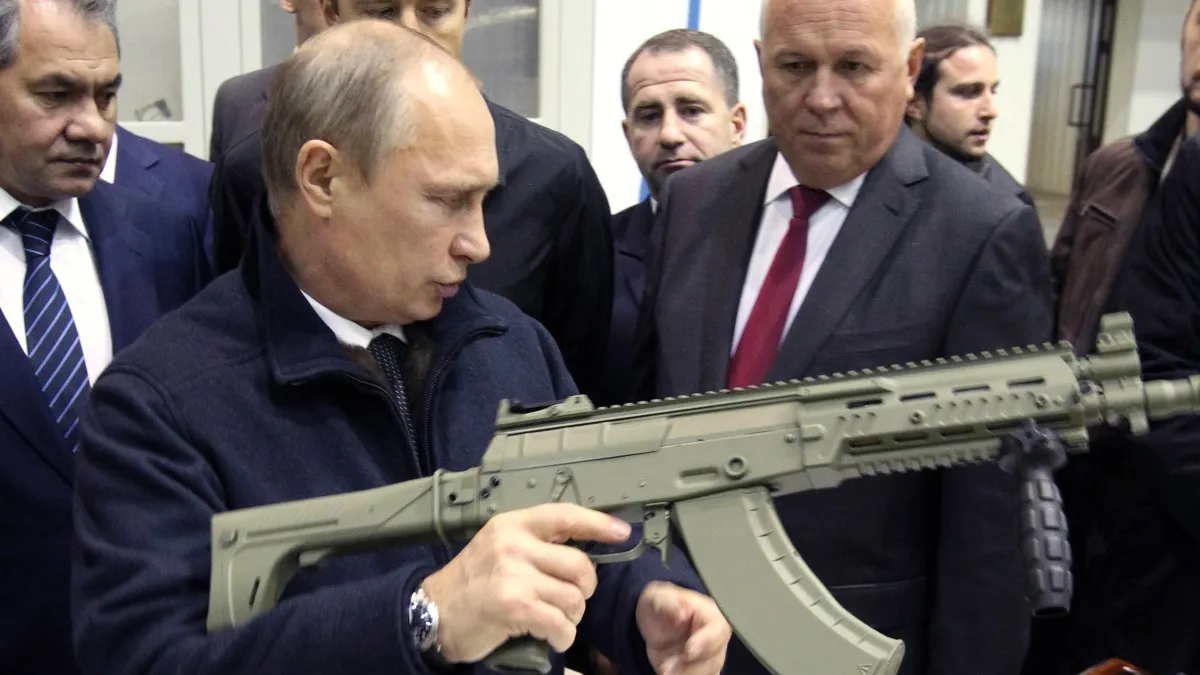A devastating mass shooting in Moscow on March 22 has sent shockwaves through Russia and beyond, reigniting debates about the country’s strict gun control laws. The incident, which claimed the lives of over a hundred individuals and left many more injured, has prompted urgent questions about the effectiveness of Russia’s firearm regulations.
In stark contrast to the United States, where gun ownership is deeply ingrained in the cultural fabric and protected by the Second Amendment, Russia’s approach to firearms is fundamentally different. Guns in Russia are primarily viewed through the lenses of necessity and sport, rather than as symbols of individual liberty. This cultural distinction shapes the nation’s approach to gun control laws, which are among the most stringent in the world.
Historically, gun ownership in Tsarist Russia was relatively unrestricted, particularly in rural areas where hunting was commonplace. However, under the totalitarian rule of Stalin, the state tightened its grip on firearms as part of broader efforts to consolidate power. Today, while the laws have evolved to some extent, private gun ownership remains highly regulated, with stringent requirements in place to obtain and maintain firearms.
To legally possess firearms in Russia, individuals must be at least 18 years old for low-impact weapons such as hunting rifles or shotguns, and 21 for handguns. Background checks, gun safety courses, and medical examinations are mandatory, with strict regulations governing storage and registration. Even then, certain firearms, including automatic weapons, are reserved exclusively for the military and law enforcement.
Supporters of Russia’s strict gun laws argue that they contribute to relatively low rates of gun-related crimes compared to countries with looser regulations. However, critics contend that these measures may not fully address all forms of violence, merely reducing the likelihood of firearms being involved.
The recent mass shooting in Moscow, following the tragic Kazan school shooting in 2021, has once again prompted calls for reassessment of gun control laws. Russian President Vladimir Putin has vowed to bring the perpetrators to justice, irrespective of their affiliations. However, amidst the investigation, allegations of involvement by ISIS have emerged, adding a layer of complexity to the tragedy.
The incident has also drawn attention to warnings issued by United States intelligence agencies, indicating the likelihood of such an attack. This revelation underscores the need for enhanced collaboration and vigilance in addressing threats to public safety.
As Russian authorities continue to investigate the tragedy and apprehend suspects, the debate surrounding gun control laws in Russia is expected to intensify. The March 22 shooting serves as a somber reminder of the importance of robust firearm regulations and proactive measures to prevent senseless violence in communities worldwide.


